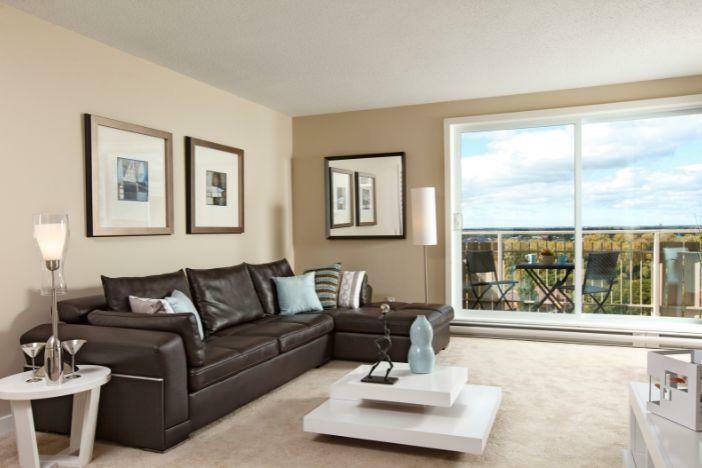Menu

Is it your first time renting? Maybe you moved out years ago, but you have a few questions about your rights and responsibilities.
By knowing your rights, you can protect yourself from discrimination or unlawful treatment. You can also ensure you’re following your tenancy agreement to avoid any issues and maintain a healthy relationship with your property management company.
As a tenant, you’re protected by legislation called the Residential Tenancies Act. You’re also protected by the terms outlined in your lease agreement.
In this blog, we’ll cover all the rights and responsibilities you have as a tenant (and what you should expect from your landlord):
After weeks of preparation, you’re ready to move. Once you’re settled in at your new place, you have the right to:
As well, in case of any financial dispute with your landlord, you can ask for rent receipts with each payment, along with a hard copy of your lease agreement.
When you own a house, finding out what you’re responsible for is simple. You can assume that almost everything falls to you, except for certain areas that belong to the city.
But as a tenant, it’s not as clear-cut. When things go wrong, you might wonder if it’s on you to fix them or if that’s a job for the property manager.
What are you responsible for as a tenant? Here’s a closer look:
In most cases, it’s up to your landlord to complete minor repairs in your suite, but if you or your guests cause minor damage, it may be your responsibility to fix it.
You’re required to keep the property in a sanitary condition and take care of it. For example, if you go on vacation in the winter and turn the heat off, it will be your responsibility if the pipes freeze. You should also contact the resident manager as soon as possible when you need repairs or maintenance to prevent any further damage.
Before you move in, you’ll want to ask your landlord about the following:
A few things that your landlord or property manager is responsible for include:
The oven, the fridge, the furnace—any appliances that come with your rental unit belong to the landlord. That’s why the property manager is responsible for repairing and maintaining them. When an appliance breaks, send a maintenance request at your earliest convenience; if it’s an emergency, it’s best to contact your property manager directly.
When a tenant spots the first signs of a pest problem, they should contact their landlord right away for assistance in determining which course of action is required. The tenant should also take preliminary steps, such as making sure all food sources are put away and sealed.
Even though your landlord owns your rental unit, they cannot enter it without notice once you’re renting it. Whenever the landlord needs to visit to make a repair or for a showing, they must give you notice. There are some exceptions to this, such as in case of an emergency like flooding above or below your suite.
Your property manager can increase the rent once every 12 months as long as they’ve given you written notice. The rent increases must follow the guidelines set out by the Residential Tenancies Branch (RTB). In addition, the landlord must give at least three months of notice before issuing a rent increase.
When you’re applying for a property, your landlord may ask you all kinds of questions on the application form. They’ll want to know your contact information, current employment status, and whether you have pets. But they can’t ask you about any of the following (doing so is discriminatory):
Before you move in, you’ll need to sign a tenancy agreement. This outlines things like:
If you decide to terminate your lease, you must give your landlord notice. The length of time varies depending on your lease agreement; again, this illustrates why it’s so important to read the agreement carefully before you sign it.
So far, we’ve covered what tenant legislation looks like across Canada. But how do things change if you reside in Winnipeg?
If you’re looking for more helpful information about tenancy in Winnipeg, visit the Tenant Rights website. You’ll find plenty of resources that answer specific questions about your rights and responsibilities.
Now that you know your rights, you’ve got another task: Figure out how to find an apartment for rent in Winnipeg!
With Globe, finding the perfect apartment is easier than ever. On our website, you can browse hundreds of available listings in Winnipeg.
We believe in creating respectful and positive relationships with all of our residents to maintain healthy, long-term living arrangements. With Globe, you’ll feel right at home. Browse our available listings today!